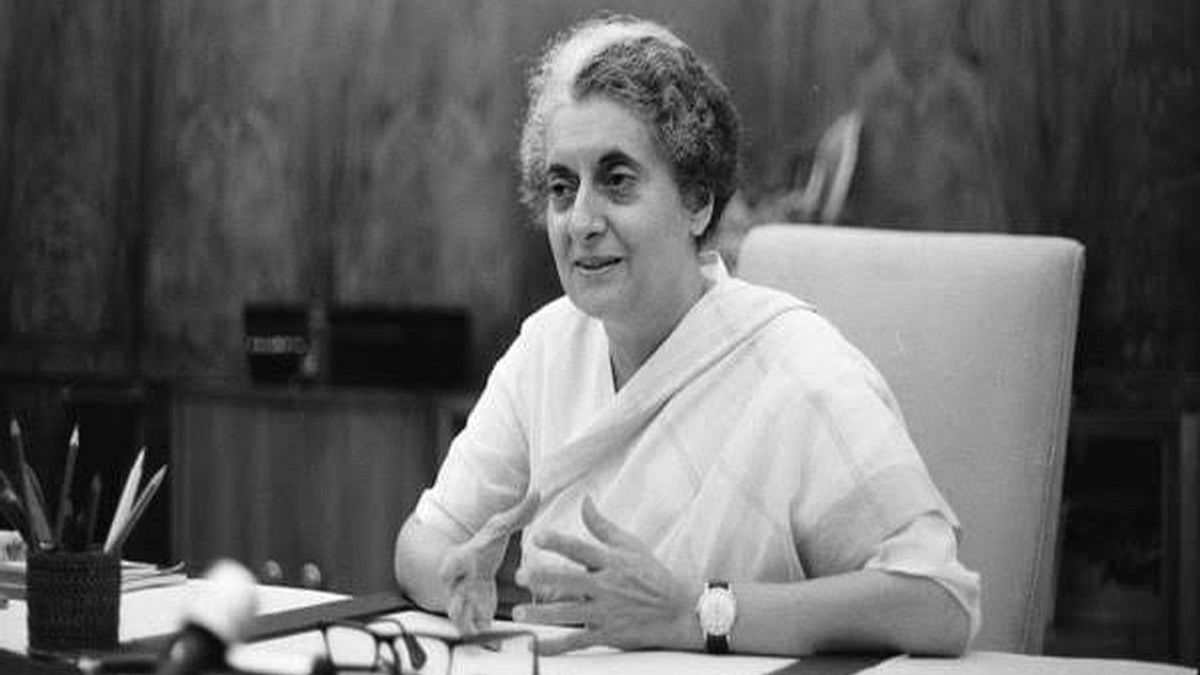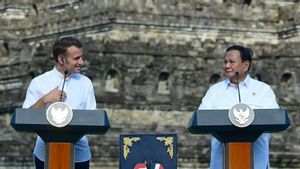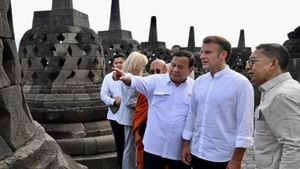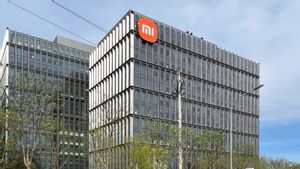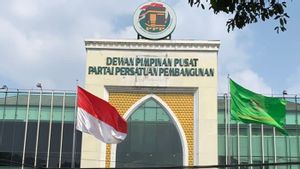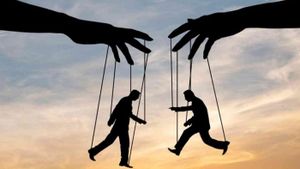JAKARTA - January 19, 1966, is a historic day for India. For the first time ever, India has a female prime minister (PM), she is Indira Gandhi.
Indira Gandhi is the third person to hold the position of PM India. Indira herself is the son of India's first PM, Jawaharlal Nehru. Indira's grandfather, Motilal Nehru, was one of the pioneers of the independence movement and a close associate of Mahatma Gandhi. Indira is married to Feroze Gandhi (unrelated to Mahatma Gandhi) and has two sons, Sanjay and Rajiv.
Because her mother had passed away, Indira often accompanied her father when there were important moments related to statehood. Indira is also the one who accompanies her father on a tour abroad to meet international meetings. That is what makes Indira familiar with the world of politics.
After her father's death in 1964, Indira was appointed to the Rajya Sabha, the top tier of the Indian parliament. Indira was appointed minister of information and broadcasting at that time under the government of Prime Minister Lal Bahadur Shastri. However, Lal Bahadur Shastri's reign was not too long because in 1966, Lal Bahadur Shastri died suddenly. Indira was also appointed by the leaders of the Congress Party to become prime minister.
Indira Gandhi's leadership took her father's colleagues by surprise. Many thought that because Indira was a woman, she would be easy to drive. But in fact, Indira Gandhi was very brave and firm. In 1969, Indira unilaterally nationalized the existing banks in India. Indira's actions made several members of the Congress Party try to remove her from her role.
Undaunted, Indira Gandhi also gathered a new party faction with her populist stance and strengthened its grip by winning the parliament in 1971. Quoted from Biography, Sunday, January 19, 2020, in 1971 India was also involved in the bloody conflict between West and East Pakistan. As a result of the conflict, around 10 million Pakistanis have sought refuge in India. After the surrender of Pakistani troops in December 1971, Indira invited Pakistani President Zulfikar Ali Bhutto to Simla City for a conference.
The two leaders signed the Simla Agreement, agreeing to settle territorial disputes peacefully and pave the way for the recognition of an independent Bangladeshi nation. During this time, India also achieved real success through the advancement of the Green Revolution. India is able to address the chronic food shortages that affect poor Sikh farmers in the Punjab region. Indira Gandhi then encouraged growth through introduction of seeds and irrigation, which resulted in high yields.
Dark era
In addition, Indira also led his country into the nuclear era with the launch of an underground device in 1974. Despite the progress Indira made, he was criticized for tending to the authoritarian and corrupt attitudes of the government under his rule. In 1975, the Allahabad High Court found Indira guilty of dishonest electoral practices, expending unfair electoral needs, and using state facilities for party interests.
Instead of resigning, Indira declared a state of emergency and jailed thousands of his opponents. Indira was briefly jailed in 1978 on corruption charges, but the following year she won another election in the Lok Sabha, the lower level of parliament. In 1980, he returned to power as prime minister.
That same year, Indira's son, Sanjay Gandhi, who served as his top political advisor, died in a plane crash in New Delhi. Meanwhile, his surviving son, Rajiv, was away from politics for most of his life. But after Sanjay died, Rajiv went straight to his political career to become Indira's successor.
During the early 1980s, Indira Gandhi faced increasing pressure from separatist factions, especially from the Sikh group in Punjab. In 1984, Indira ordered Indian soldiers to confront Sikh separatists at Harmandir Sahib, the holy Sikh temple in Amritsar, India. The attack claimed up to 450 Sikhs, but Sikhs deny this figure and say the real number is much higher.
On 31 October 1984, Indira Gandhi was shot and killed by two of her Sikh bodyguards in retaliation for the attack on Harmandi Sahib. Indira Gandhi's body was cremated three days later in a Hindu ceremony. Indira's position was soon replaced by her son, Rajiv, who was immediately tasked with putting down the anti-Sikh riots.
The English, Chinese, Japanese, Arabic, and French versions are automatically generated by the AI. So there may still be inaccuracies in translating, please always see Indonesian as our main language. (system supported by DigitalSiber.id)
